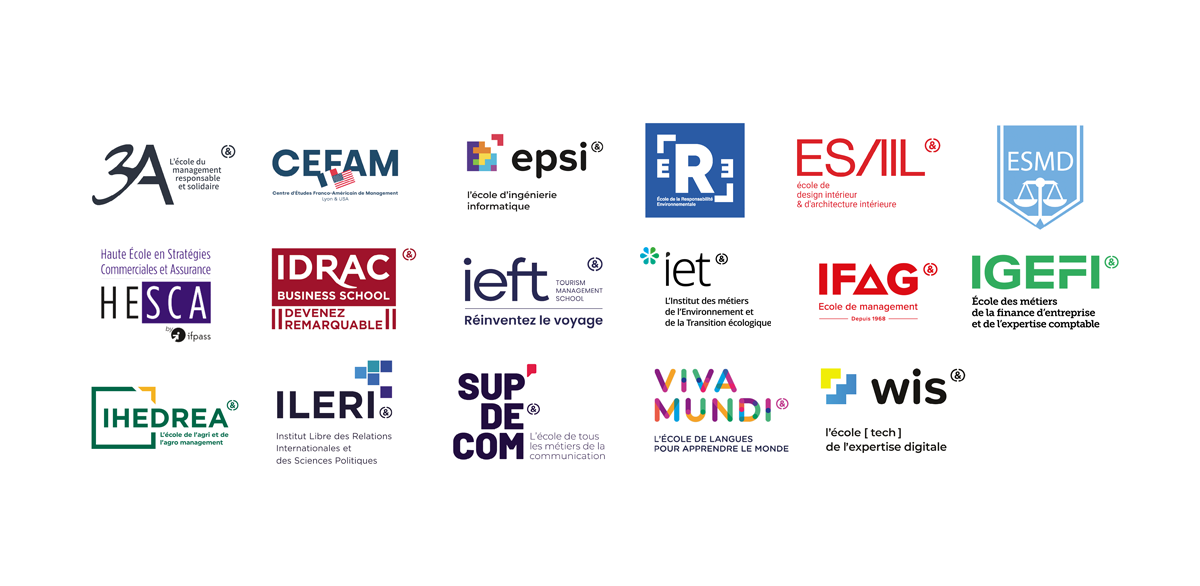
FIGS Education vous accompagne dans votre projet d'étude en France
15 bureaux internationaux et ultramarins à l’écoute de votre projet d’études
Une procédure d’admission simplifiée
60 programmes / Bac au Bac +5
Diplômes français reconnus
Accompagnement aux Visas
L'expérience académique française
Notre mission est d'accompagner les étudiants internationaux et outre-mer dans leurs projets d'études en France hexagonale.
Les étudiants ont la possibilité de débuter leur programme proche de chez eux grâce à nos affiliations puis de finaliser leur parcours en France hexagonale pour valider leur diplôme reconnu par l'Etat français.














